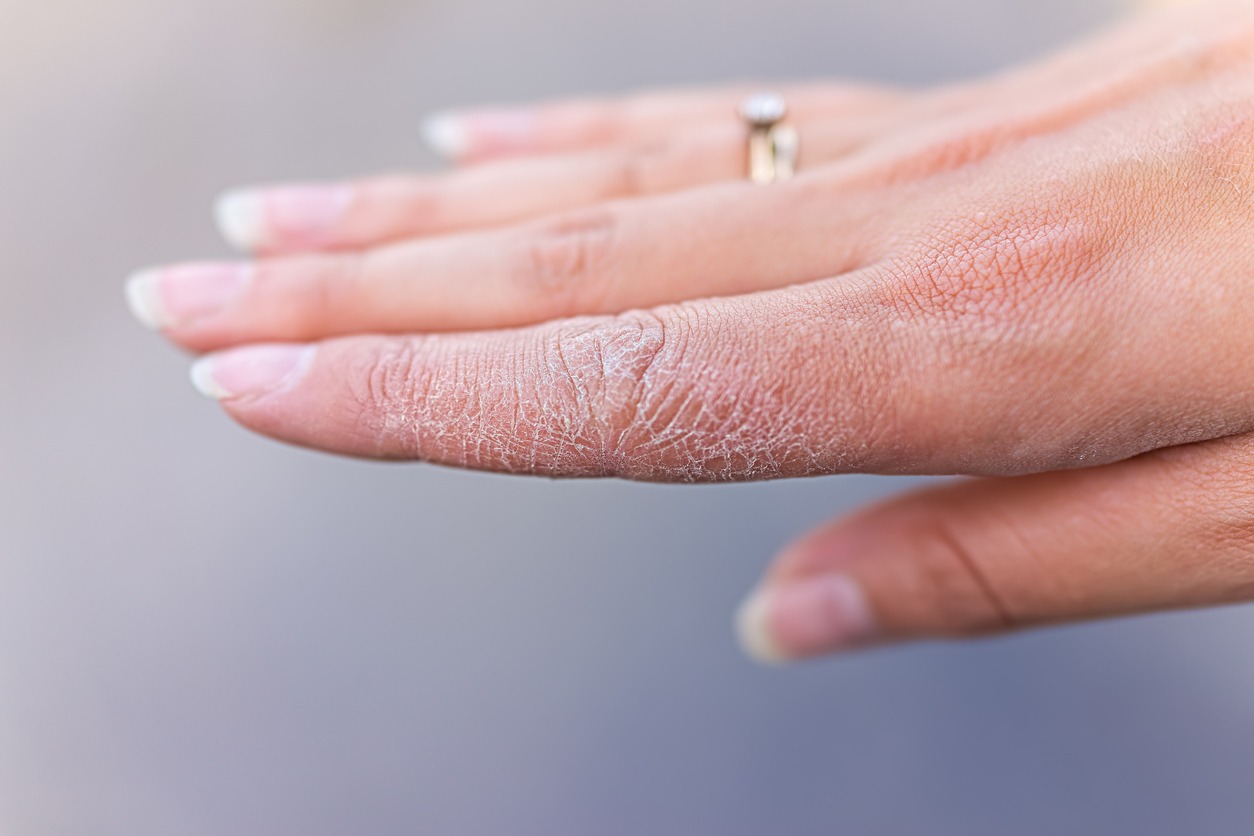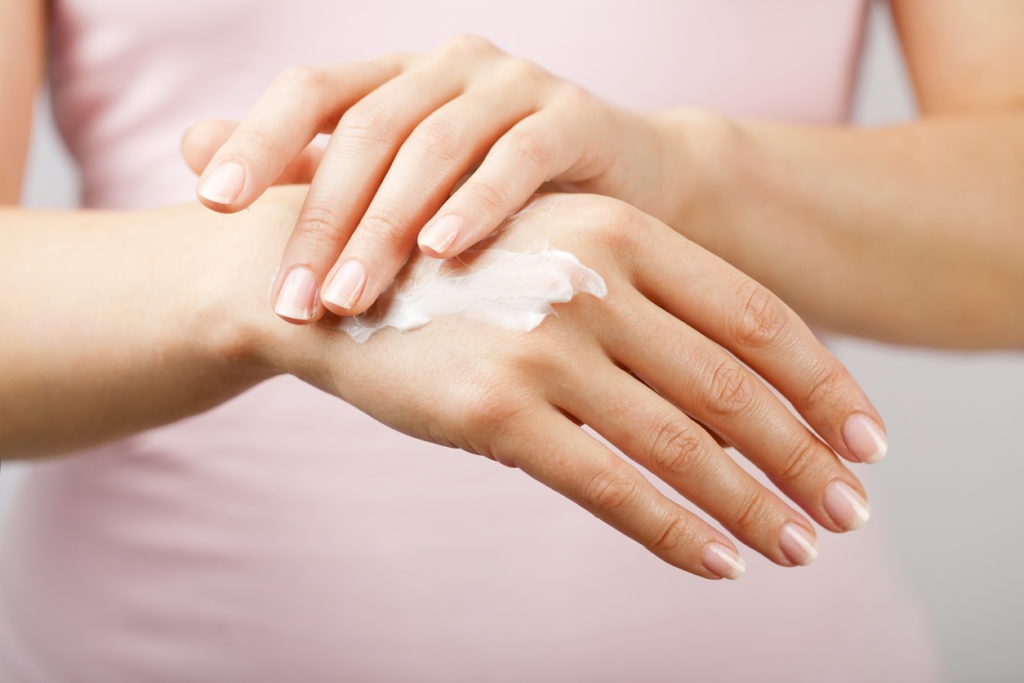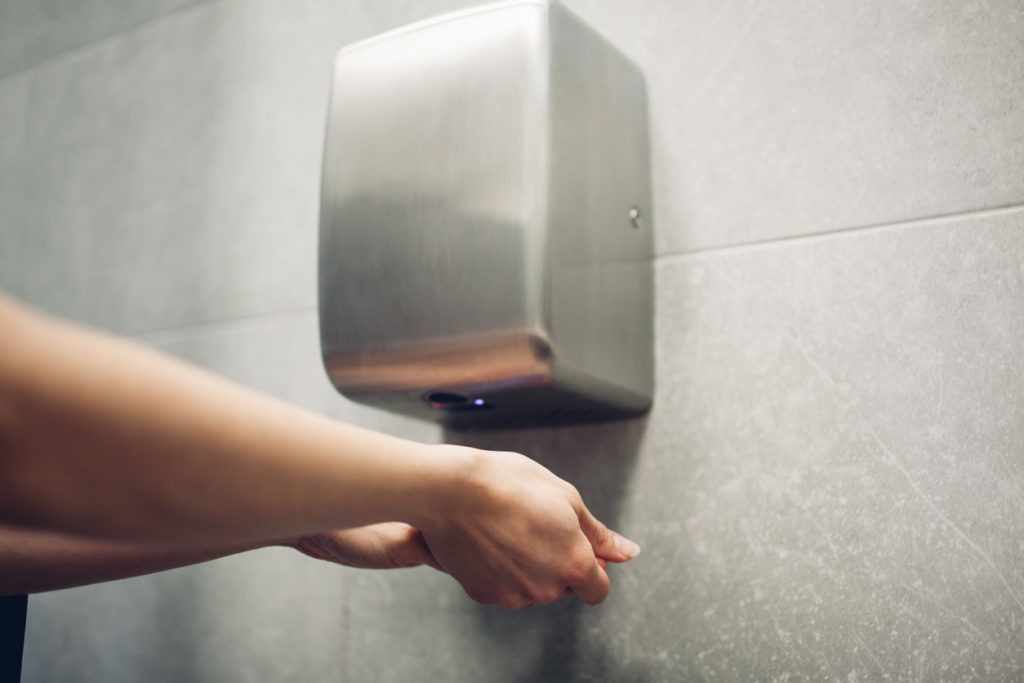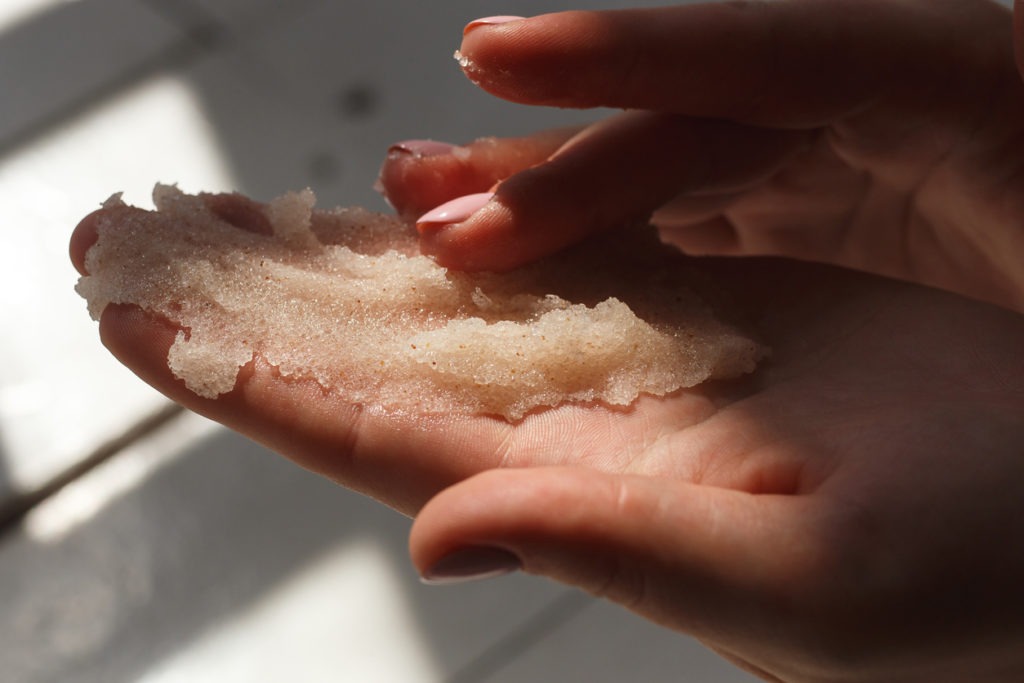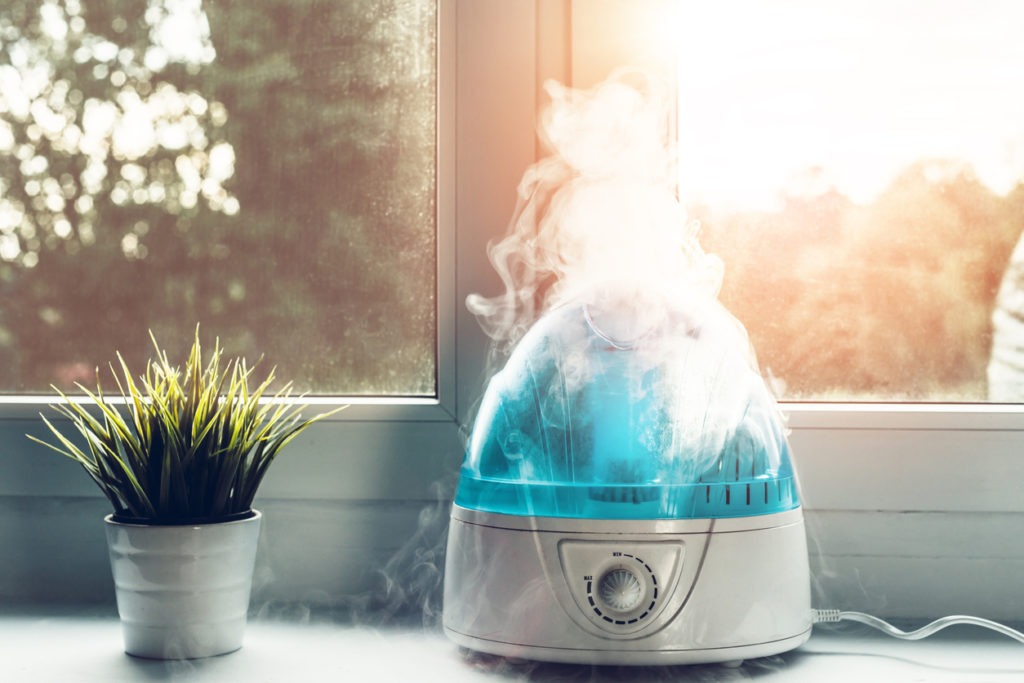During the winter, dry hands are typical. By September, your hands might be soft and supple, but by January or February, they might be dry, cracked, and harsh. Lack of moisture is the main cause of this. In the winter, as the outside humidity plummets, the internal environment becomes even dryer from heating.
The continual need to wash your hands to avoid contracting a virus or the flu and other germs can deplete any natural oils still present in your skin, leaving it dry and prone to cracking, bleeding, and peeling. Your hands are literally being physically drained of moisture when you wash them. Here are some tips for treating dry, cracked hands:
1. Use gentle hand soaps
Common bar soaps contain ingredients that might make your hands feel dry. Use soft, moisturizing hand soaps for your hand washing needs to prevent dry hands. Antibacterial hand soaps and alcohol-based hand sanitizers can be drying and harsh on the skin, especially on delicate skin. The reality is that you don’t actually need these kinds of hand soaps to get rid of germs because simply washing your hands and the cleaning agents in soaps accomplish the trick. Avoid using any soap at all and only use mild liquid cleansers if you have a skin problem that makes your hands dry and cracked.
2. Wash with lukewarm water
It can be difficult to wash your hands in hot or cold water, and doing both might make your skin even drier. People with dry hands are advised to wash them with lukewarm water to prevent further dryness.
3. Apply aloe vera
Due to its anti-inflammatory and antibacterial characteristics, aloe vera is a common ingredient in many skin care products. Aloe vera can be purchased over-the-counter and used as a natural, risk-free moisturizer on the skin.
4. Use hand moisturizers
You need to replenish the moisture that your parched skin is losing if you want to treat dry, scaly hands. Applying a moisturizer directly to the skin will prevent water from evaporating from the skin, giving it a dewy, healthy appearance. Moisturizers are an excellent idea even if there are no issues. The best defense is to begin moisturizing even before your hands start to feel dry. Hand creams and lotions can help the skin regain its moisture and lock it in.
Even if you use moisturizers, one application per day is insufficient. It will work better if you use it more frequently. Remember to massage your cuticles and nails as well because they are prone to drying out just like your hand skin. The market is flooded with hand lotions and moisturizers. Examine the ingredients to determine which is best for your dry skin. Choose goods that have lanolin, jojoba oil, propylene glycol linoleate, isopropyl palmitate, squalene, glycerol stearate, glycerin, lactic acid, hyaluronic acid, urea, or sorbitol among their constituents.
5. Apply hand cream when hands are slightly damp
Apply hand lotion while your hands are still slightly damp after washing them; this will help to seal the water into the skin. Although you might worry that having wet hands could make it easier for germs to spread, most hand lotions are absorbed by the skin very rapidly, leaving your hands dry once again in ten to fifteen seconds. Before touching anything shared or dirty, let the lotion or cream dry first; this shouldn’t be a problem. Maintaining a routine of frequent handwashing will help you stay virus-free. Afterward, moisturize your hands.
6. Avoid hot air dryers
Hot air dryers have a tendency to make skin dry. The hands may be overdried by the hot, dry air. When at all feasible, try to use paper towels to dry your hands.
7. Choose thicker hand creams
Use hand creams with occlusive characteristics, which can help your skin barrier to keep water in and potential irritants out, to seal in hydration. Look out for moisturizers that contain ceramides, petrolatum, and dimethicones. These components frequently result in heavier hand creams.
8. Exfoliate often
Exfoliation can assist in removing dry, damaged, and dead skin. One may use store-bought items, a pumice stone, or attempt to make a homemade remedy by combining olive oil and one to two tablespoons of granulated sugar.
9. Bathe in oats
Oats, whether raw or cooked, can help the skin look younger when added to a bath. Oats can be used in a bathtub full of water, or they can be combined with oil, like olive oil, in a small basin.
10. Treat your hands overnight
Since your hands are constantly in use during the day, richer hand lotions may feel oily and uncomfortable. However, the evening is the ideal time to apply lotion or a moisturizer with a petroleum base to your dry skin. Even though beeswax, cocoa butter, shea butter, and dimethicone are all heavy moisturizers, petroleum jelly is a trusted product. Before going to bed, cover your hands with some soft gloves or mittens after applying a thick and heavy cream. The moisturizer will be trapped, which will speed up absorption, bring it into contact with the skin, and stop it from greasily coating your blankets and bedding.
11. Wear gloves
Wear rubber gloves when performing tasks that need you to submerge your hands in water, such as washing the dishes, doing manual laundry, or washing your automobile with soap and water. The dryness may be caused by over washing, submerging the hands in water, or using other cleaning agents. Cleaning agents can also cause significant irritability, eczema flare-ups, and contact dermatitis in addition to skin dryness.
12. If you have eczema, consult your dermatologist
You may have eczema or dermatitis if your skin is extremely dry, scaly, and reddish, and if regular hand creams either don’t work or irritate your skin. A dermatologist may suggest a particular procedure in these circumstances so that your skin has a chance to recover. He or she might advise oral antibiotics, lotions containing steroids or hydrocortisone, or possibly both.
13. Apply hydrocortisone cream
A disease known as dermatitis, in which the skin becomes inflamed and red, can sometimes worsen dry skin. A hydrocortisone-containing lotion may be the most beneficial in these circumstances. Skin irritation can be relieved by hydrocortisone.
14. Use a humidifier
Humidifiers are used to treat people with breathing difficulties, asthma, and other respiratory disorders. But did you know that by keeping your skin from drying out, humidifiers can also have a significant positive impact on it? If you feel that your hands are always becoming dry this season, you might want to consider obtaining a humidifier because dry air can lead to dry skin, especially during the winter. Although your bedroom is the ideal location for it, it may also be used in any other room of the house that might use a little additional moisture.
15. Decrease stress
Numerous illnesses, including skin conditions, can be brought on by stress. Stress can produce flare-ups or outbreaks of the dry skin-causing eczema in sufferers. It is possible to prevent dry skin on the hands and other parts of the body by reducing stress.
Conclusion
Most people occasionally encounter the common occurrence of dry hands. The majority of the time, over-the-counter lotions and DIY solutions are sufficient to cure and prevent dry hands. Anyone should consult their doctor if they discover any more symptoms or if home remedies do not result in an improvement.

